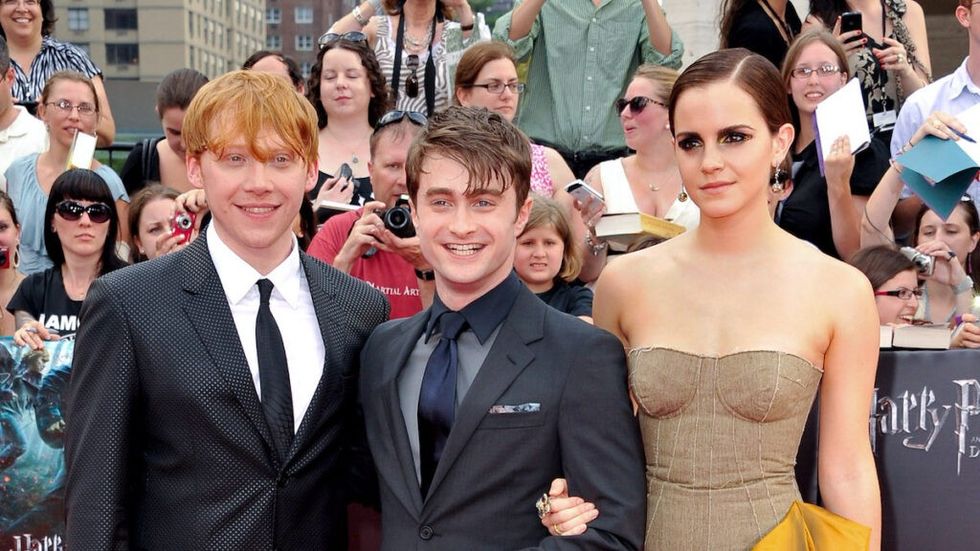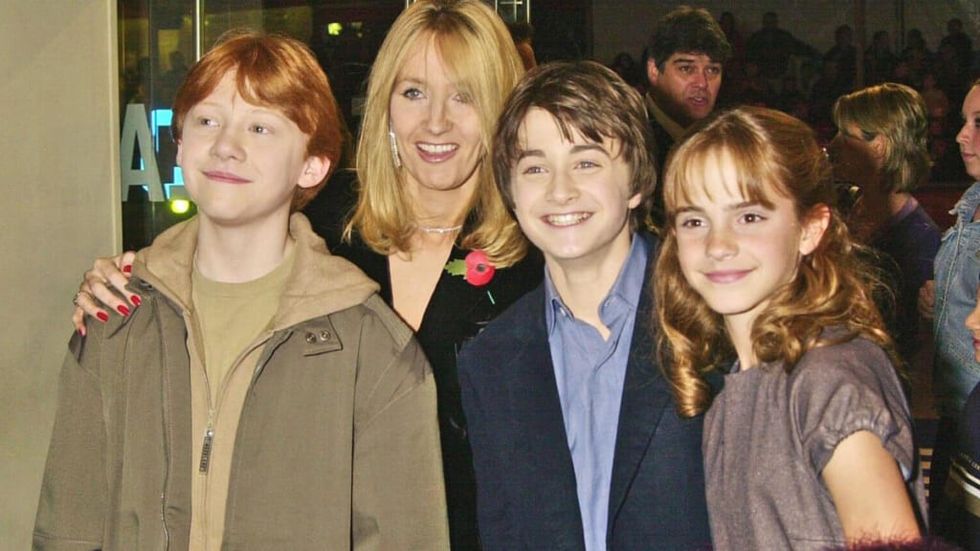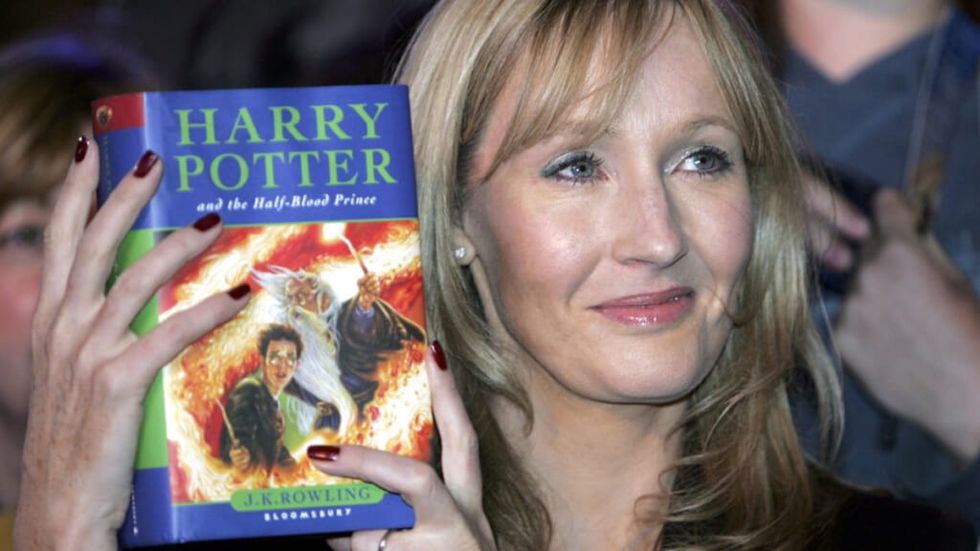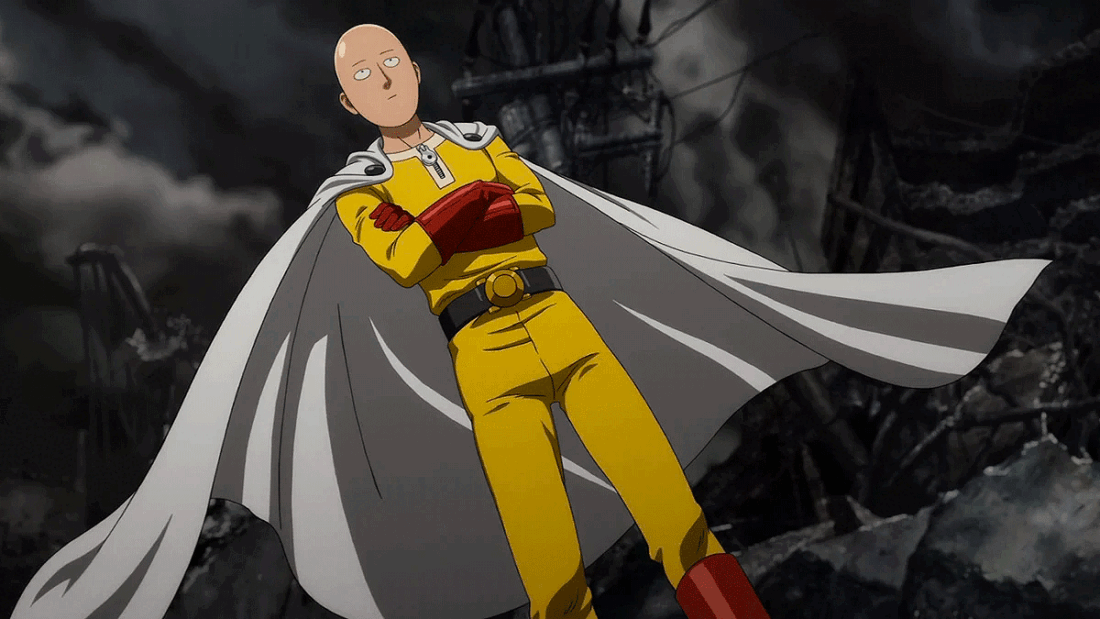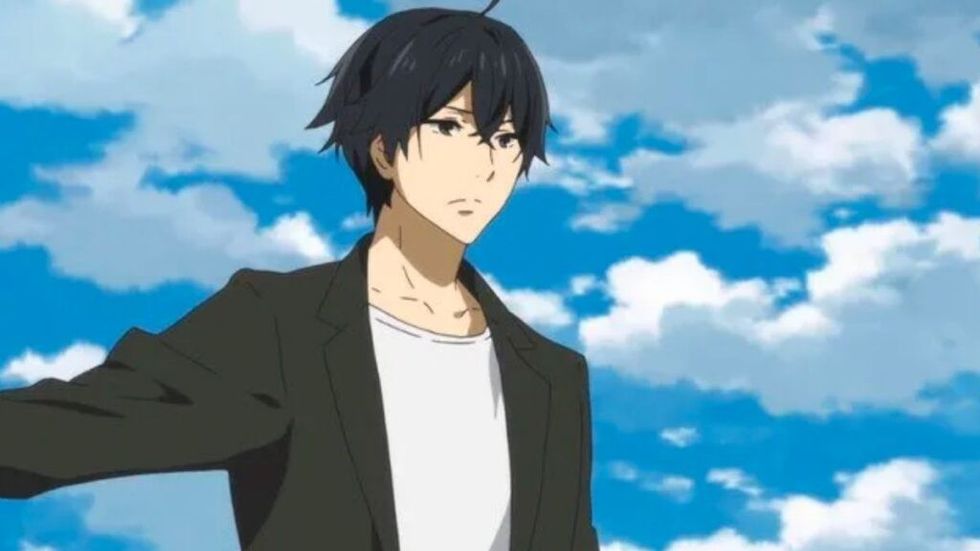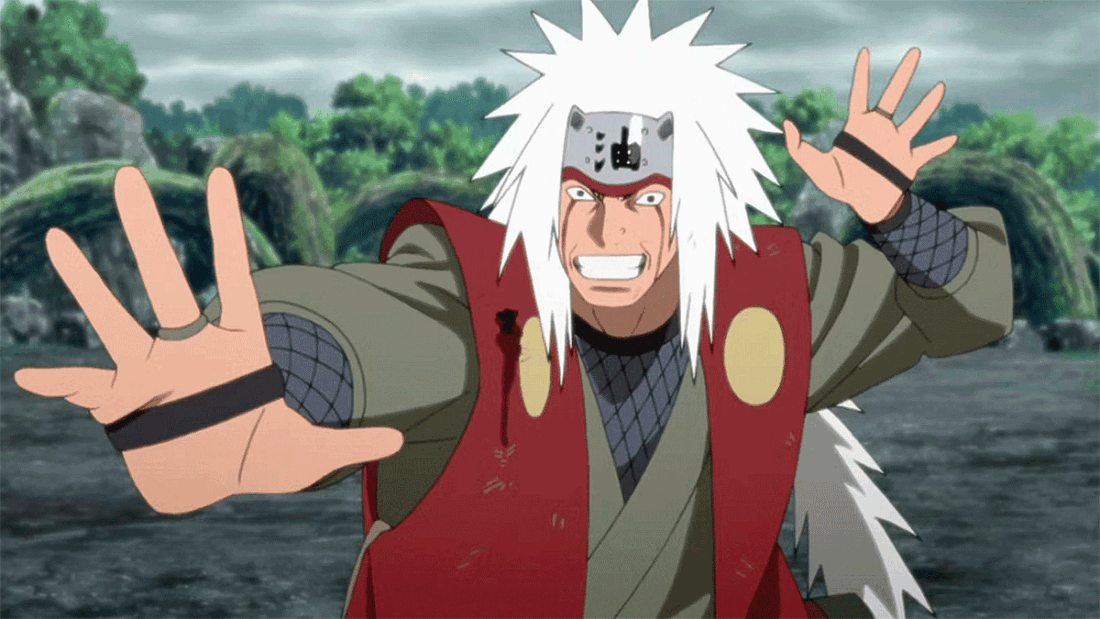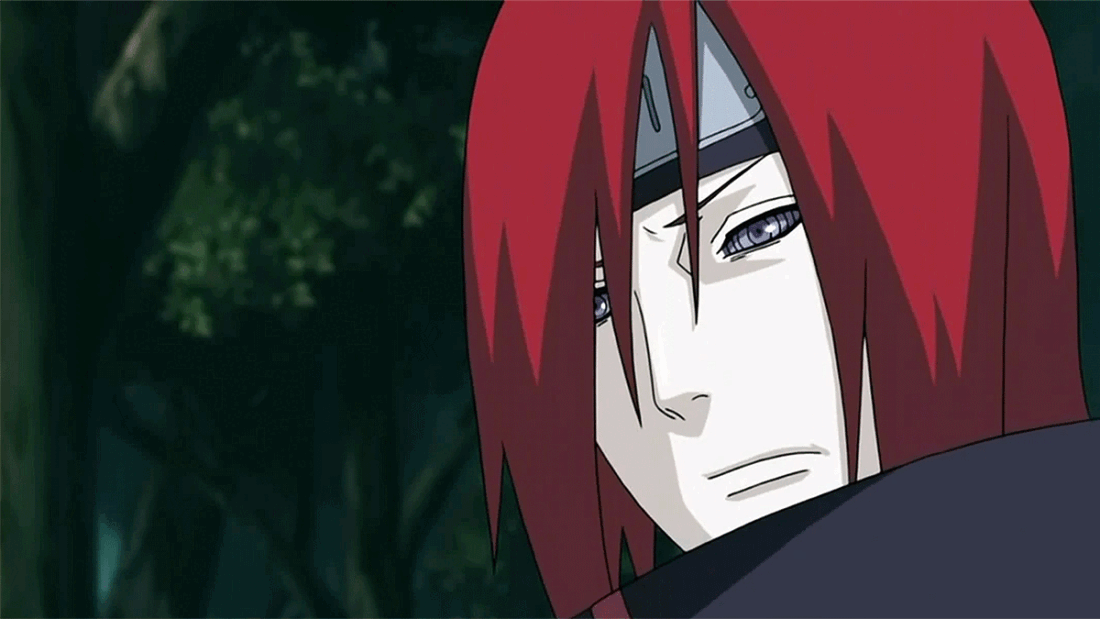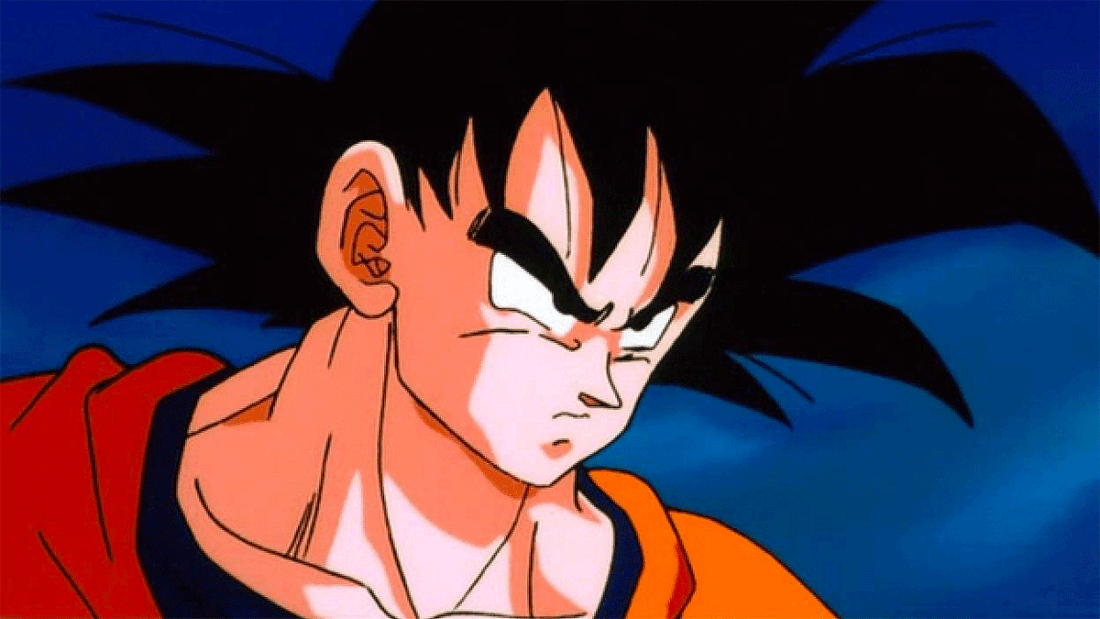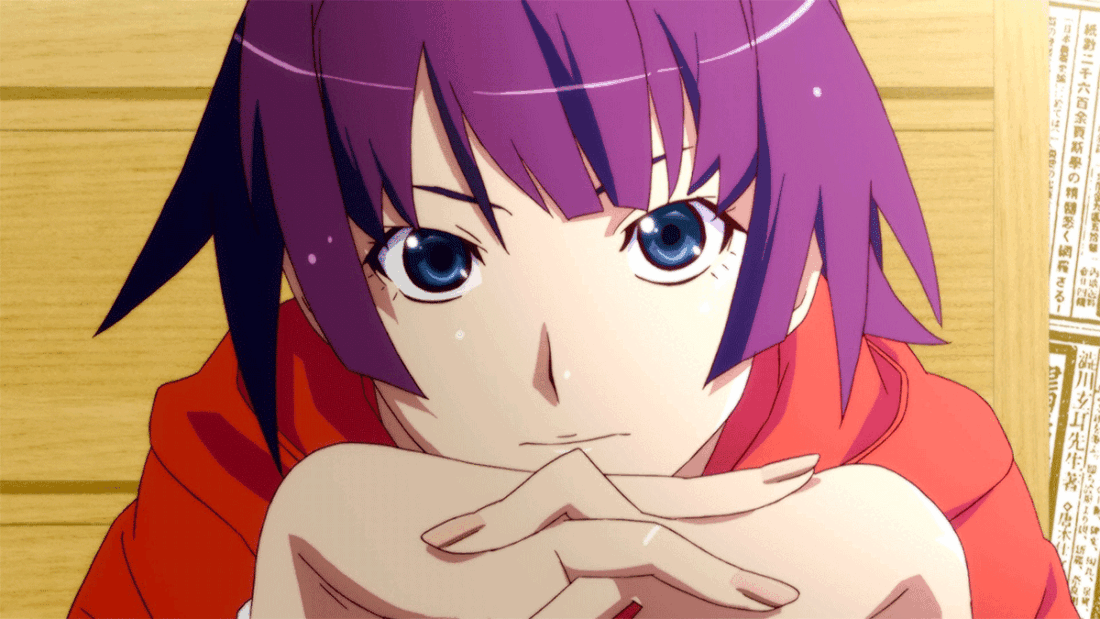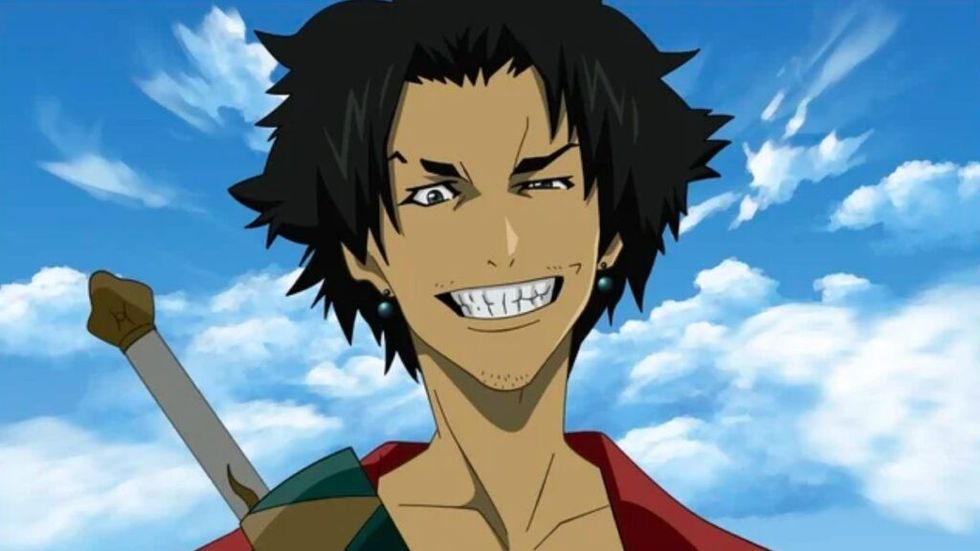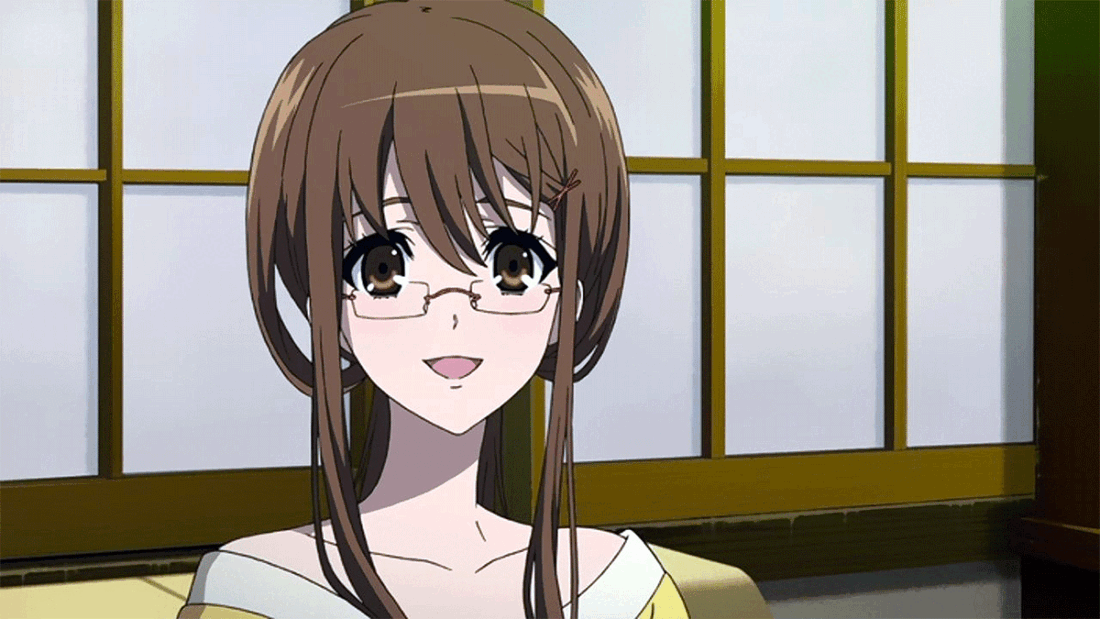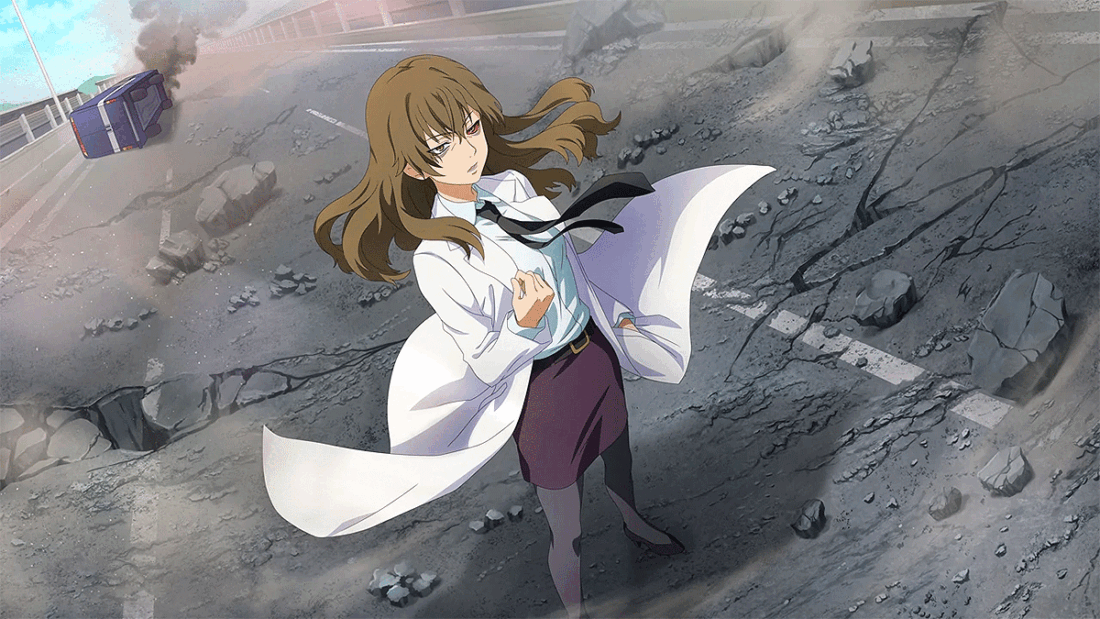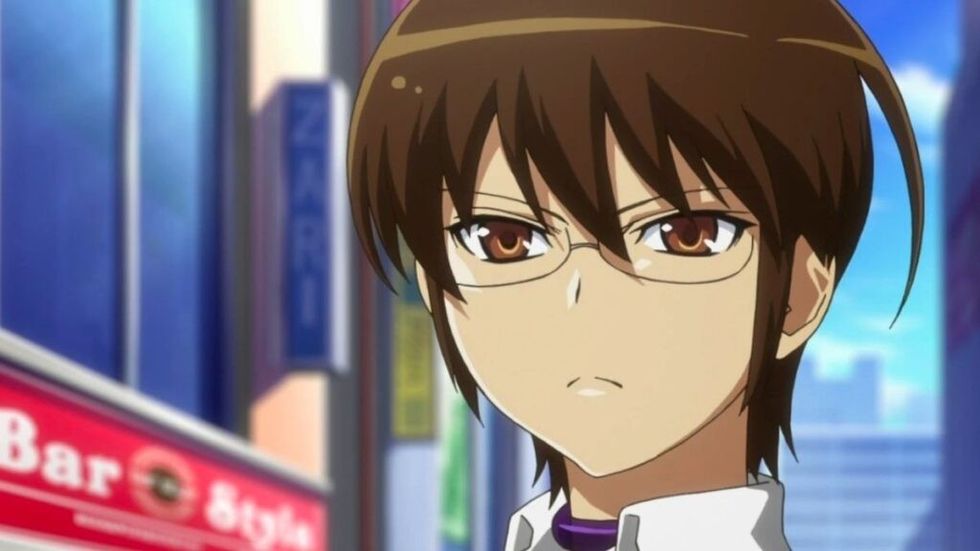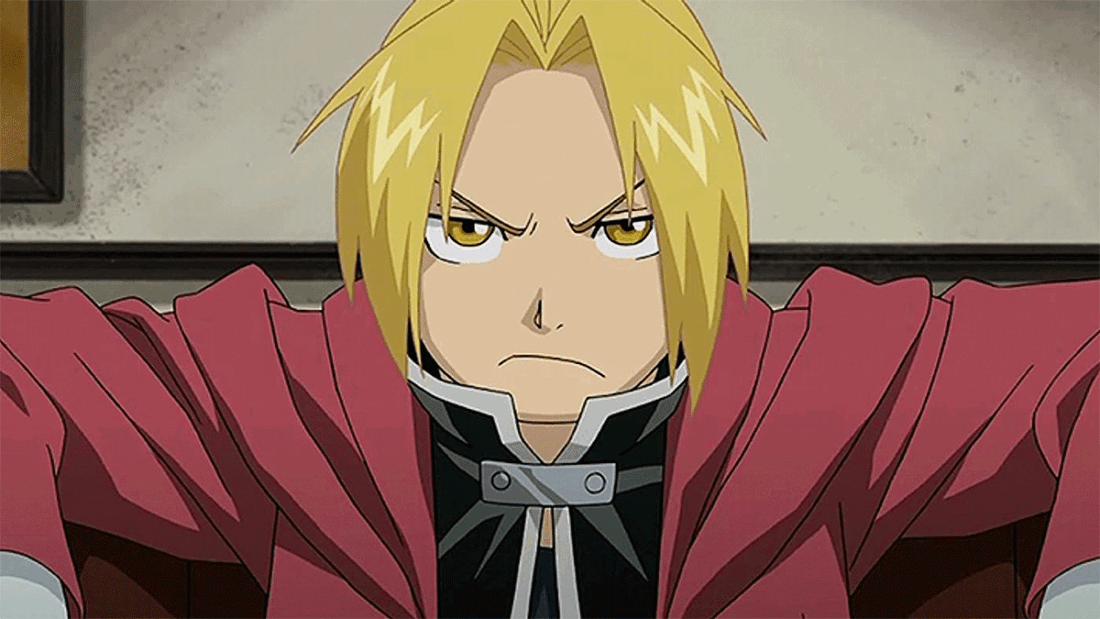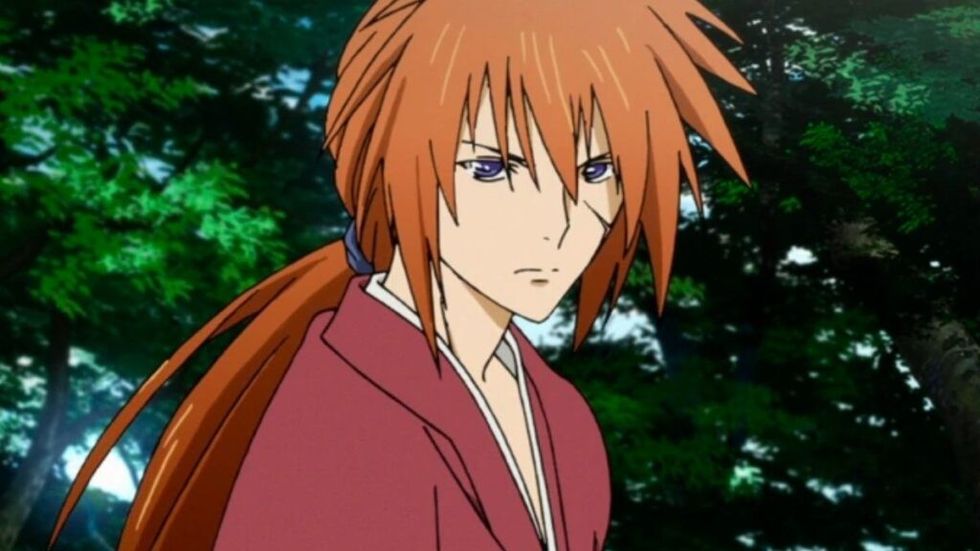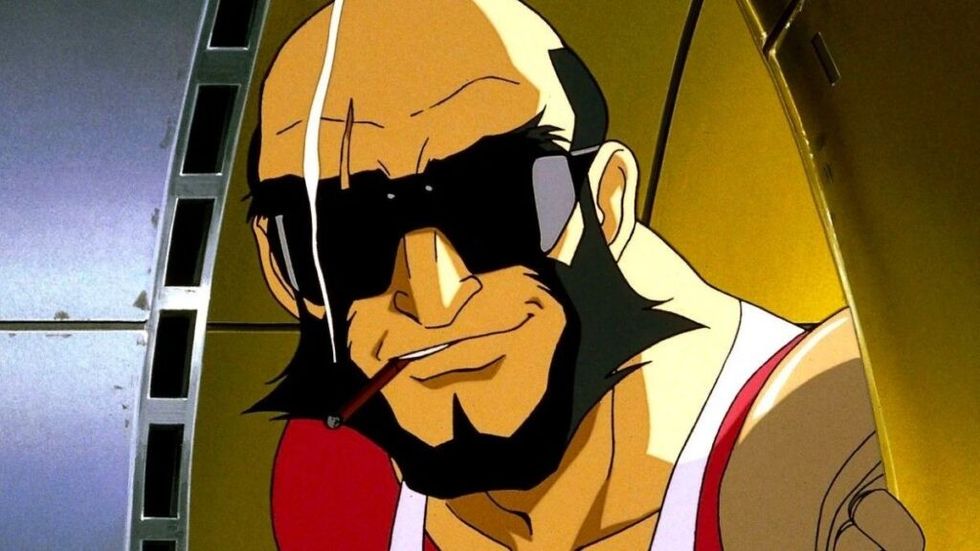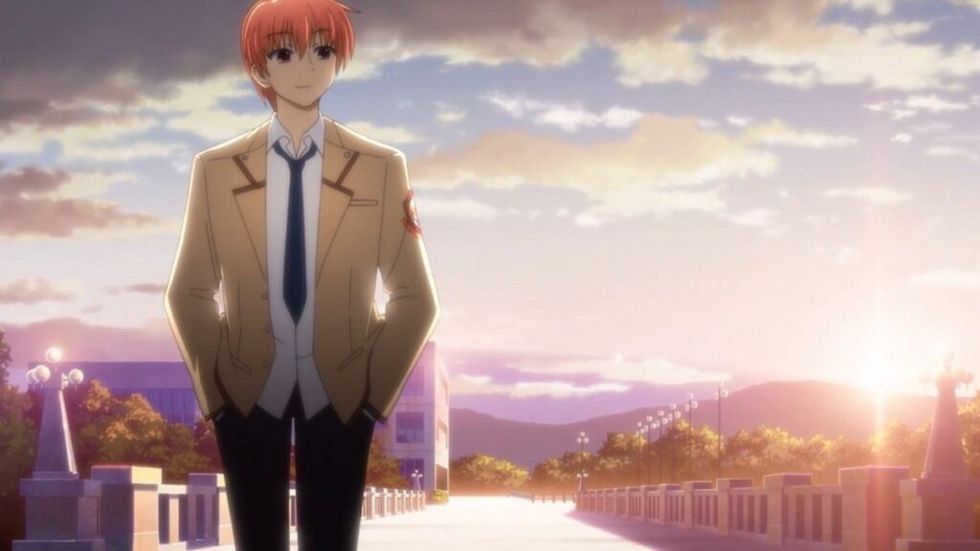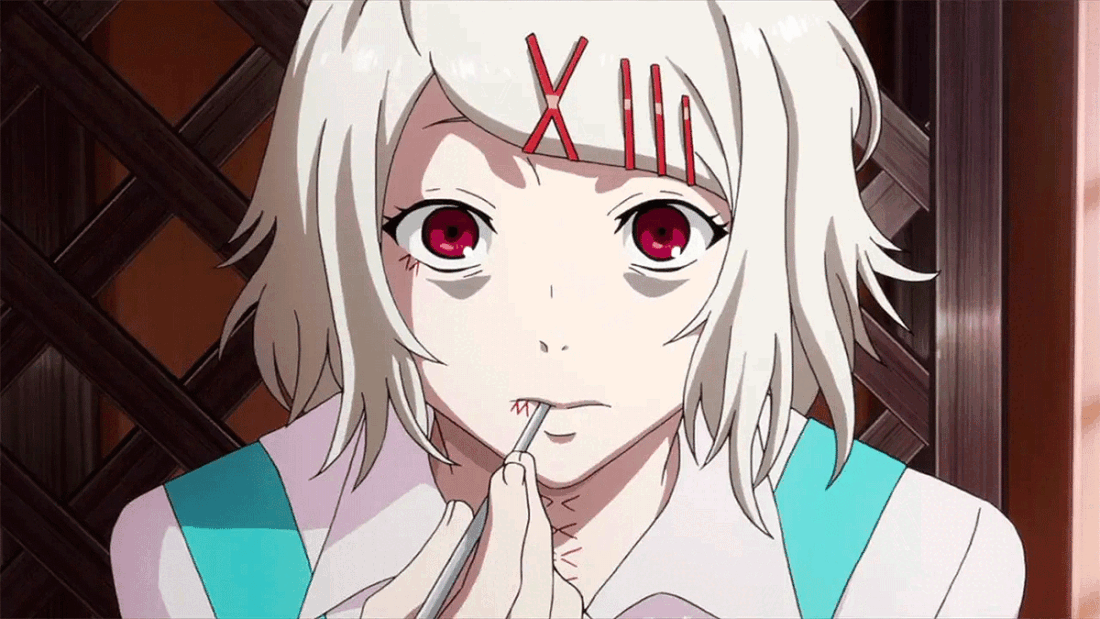Stranger's Video Helps Grandma Selling Baked Goods Go Viral
Every Wednesday, Thursday, and Friday without fail, Inez Hudson can be found stationed outside Super Choice Foods supermarket in Lakeland, Florida.
The 73-year-old woman sells homemade pies and cakes to support herself as her fixed income isn't enough to cover her living expenses.
She has her good days and bad days. That is, until now. Because thanks to the kindness of a stranger and the power of social media she just became a viral sensation. And now? Her baked goods are selling like hotcakes.
Elderly Woman Sells Homemade Pies and Cakes
@mannierants Store address: 610 W Memorial Blvd, Lakeland, #ourElders 💙 FL 33815 #Localsupport #fy #pielady #sweetelder #payitforward
Inez has been setting up shop outside her local grocery store since November 2018, frequently rising at midnight to start baking. Her specialties include pecan pie, sweet potato pie, pineapple pound cake, and red velvet cake with cream cheese icing.
Recently, Lakelander resident, Mannie (who posts on TikTok as @mannierants), came across Inez selling her cakes in the blistering Florida heat.
In a now-viral video, Mannie zooms in on her small business, consisting of a tray table and footstool draped in white tablecloths and covered in baked goods.
"I love sweet potato pie. I would like to get two," the TikToker tells her.
Mannie starts counting out the money...and doesn't stop...completely emptying his wallet as Inez cries with gratitude.
"I don't know what your challenge is. I wish I had more, I wish I had more. I want this to be bigger for you. I want more people to come and support you, I really do."
- Mannie told Inez
However, Mannie didn't just wish it; the TikToker did something about it, putting a call out on social media.
"I don't know her, neither her situation," the text overlay reads. "But my heart says she needs our support. If you're able to please stop by if you're in Lakeland Fl. It will be greatly appreciated."
Mannie tells Fox13 News that he wasn't looking for fame. He just wanted to help a grandma out and support local.
“That’s the main reason why I made it. Not to go viral for social media purposes. I just wanted local people to support each other because that’s the best rewarding experience."
A TikTok Video Goes Viral
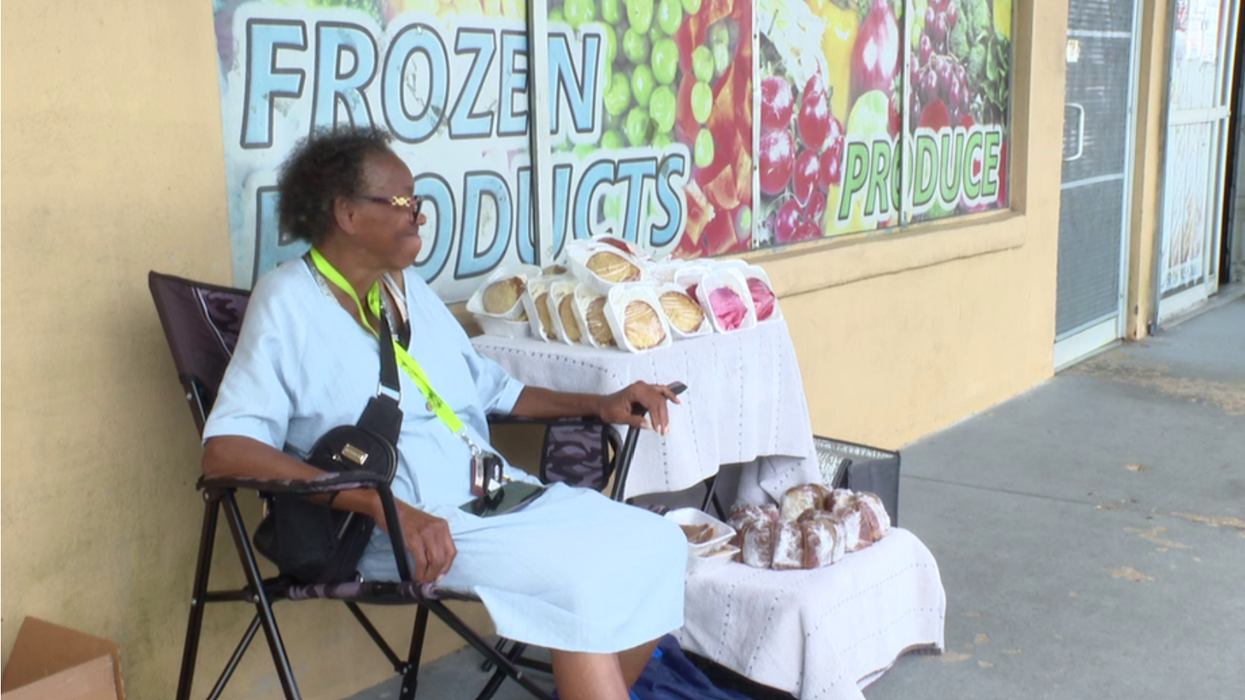
73-year-old Inez Hudson sets up shop outside a local Lakeland grocery store to raise money so she can support herself.
Fox13 News
It worked! Mannie's post took off, garnering more than 800,000 views and nearly 6,000 comments.
"That cry broke my heart. I can't stand to see our elderly forced to worry how to make ends instead of enjoying their latter years😢🙏❤❤"
"We’re coming GRANNY🤗🤗🤗🤗💖💖💖💖🖤🖤"
"Im in Orlando! Momma we will be there soon ❤️"
"She's so grateful 🙏 I'm from tampa im coming 2 support."
People from all over the area, and even beyond, started making the trip to Super Choice Foods to buy Inez's baked goods. And they keep on coming.
Her long-time friends are beyond thrilled for her as they know how tough it's been financially.
"I shared with her, God said, ‘stop worrying.' Trust Him and he's going to make things go to where you're not going to have to stress," said one friend, Jamie Overstreet. "Gradually, more people are coming, and to hear it's going viral, ah! That's so exciting!"
Now the only thing Inez has to worry about is selling out.
While the elderly woman is excited about the uptick in customers, she does admit her newfound fame makes her a bit nervous. Overall, however, she's ecstatic that all of her hard work is paying off.
"It makes me feel happy because I've been doing this for so long and it's something I've always wanted to do."
- Inez Hudson
Supporting Local Business
Inez joins a growing number of seniors who can no longer afford to live off their fixed incomes. According to the Pew Research Center, the older workforce has nearly quadrupled in size since the mid-1980s, equating to roughly 11 million people.
As inflation continues to hammer the country and the cost of housing skyrockets, more and more people who should be enjoying their retirement are forced to continue working.
It's also why supporting local businesses and the "little guy" is so important. Buying local ensures that our money goes to the people who need it most, rather than to huge corporations that value profits over people.
When we choose to buy from small, independent sellers we are directly contributing to the livelihoods of our neighbors and friends. So next time you're deciding where to spend your money, consider businesses like Inez's.
Your support could be the difference between struggle and success.













